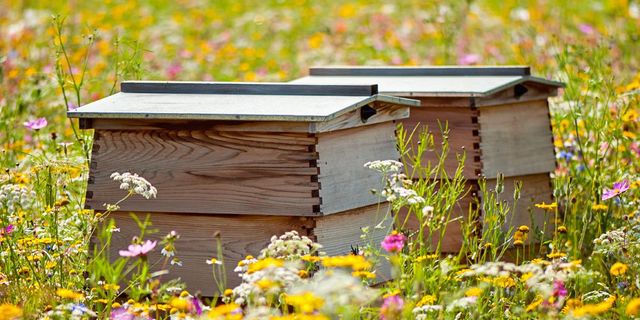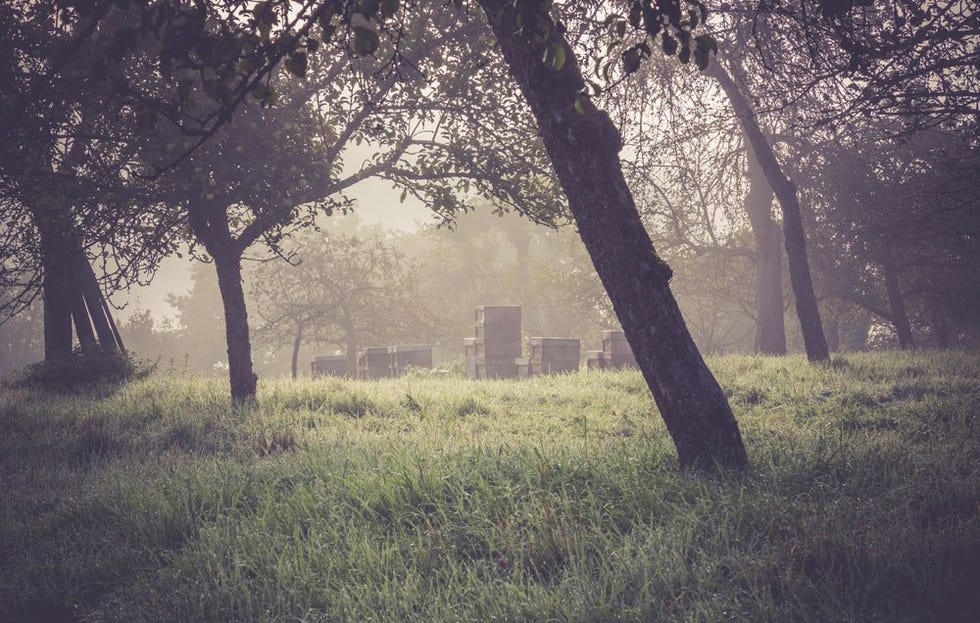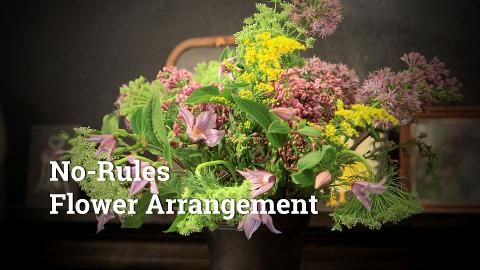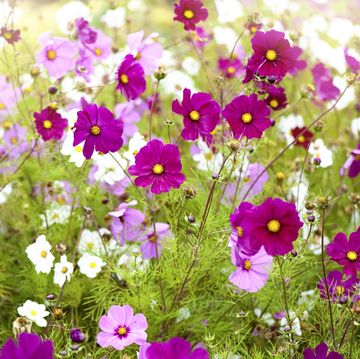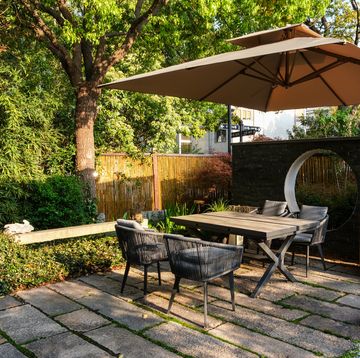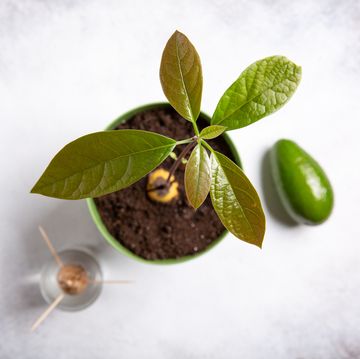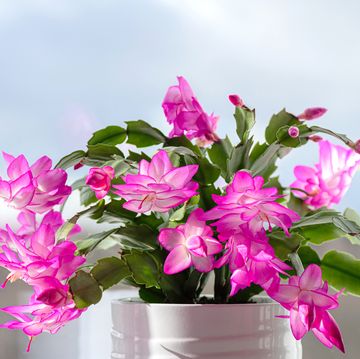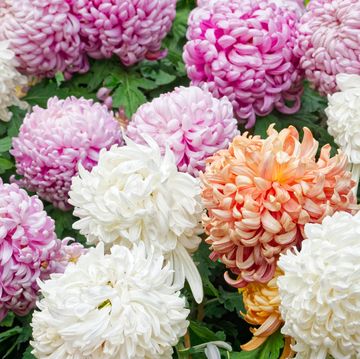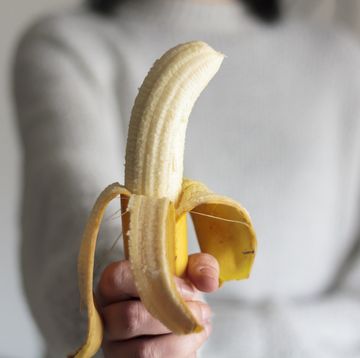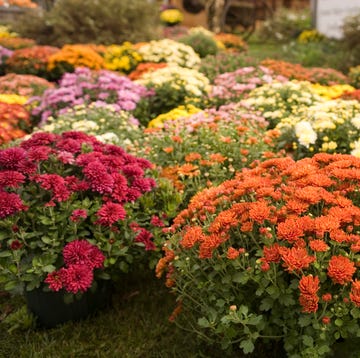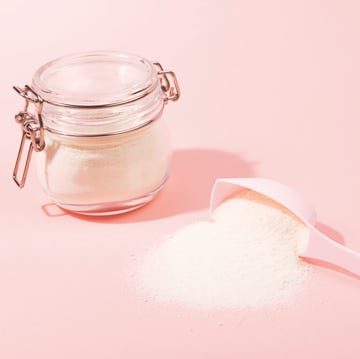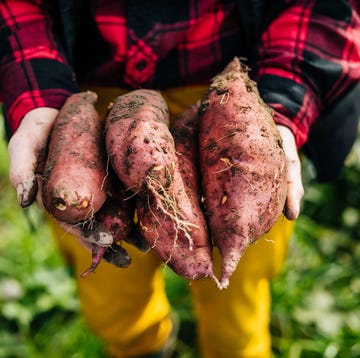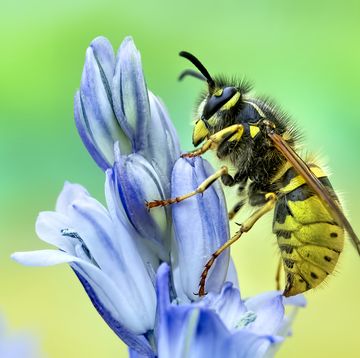Maybe you’ve got a nice grassy meadow or an open rooftop in Brooklyn that you occasionally look at wistfully and think, damn, I could totally have a beehive—and ultra-local honey!
You know honeybees are on the decline, and you’d like to do your part, but you’re not sure what beekeeping really involves. Is it time consuming? How hard is it to keep a colony alive? To get a sense of what it’s really all about, we reached out to Michael Schmaeling, a beekeeper at the Rodale Institute, to dispel some of beginners’ misconceptions and give us insight into the best organic practices. Here are 6 things to know before taking the plunge.
(On just a quarter-acre of land, you can produce fresh, organic food for a family of four—year-round. Rodale's The Backyard Homestead shows you how; get your copy today!)
You Can’t Put A Hive Just Anywhere
There’s a lot to consider when deciding where to put a new hive, Schmaeling says. You wouldn’t just start building your own house on any old piece of land, and honeybees wouldn’t either. Make sure there’s a nearby water source, and find a tree line that can provide protection from wind in the winter. You want hives to be in partial shade to keep them from overheating, and the entrances should face southeast, toward the morning sun.
Related: 5 Cool Ways To Make A Beehive
Always do your best to keep a hive away from nasty, chemical-laden GMO crops. That farm next door might be doing more harm that good if it isn’t organic. “If you live right next to a farm that sprays their cabbage every afternoon, you really want to look for a new spot to keep your bees. They won’t do well,” Schmaeling cautions. Instead, honeybees need plenty of high-nectar forage like clover, buckwheat, goldenrod, and flowering trees.
You Don’t Have To Fear Bees, But You Need To Respect Them
Schmaeling definitely recommends wearing a veil and gloves as a beginner, but he stresses that new keepers need to learn how to handle bees and shouldn’t fear them. Once you get to know your colonies, you learn which you can approach without protection and which might be a little crankier when disturbed. It’s a little like knowing who of your neighbors will call to complain if your dog runs in her yard and who will always invite you in for a cup of coffee when you’re out for a walk. The weather affects bees’ behavior, too. “If you have a bad day, it’s not very sunny, or a little rainy, you don’t want to work your colonies because they’ll be stuck inside doing a lot of work,” Schmaeling explains. As an organic beekeeper, Schmaeling also never “smokes” the bees to calm them before opening the hive. It isn’t necessary, he says, if you’re gentle and take your time. The goal is always to avoid provoking and overworking the bees.
Related: 6 Families Who Are Showing Us The Future Of Homesteading
Never (Ever) Order Bees Through The Mail
Above all, Schmaeling stresses, the most important thing for a beginner to know is where the bees come from. Mail-order bees are usually unhealthy. They’re commercially, mass-produced and often treated with harsh chemicals. You’ll receive a box stuffed with three pounds of worker bees and drones, plus a queen—and she’s rarely the biological queen of those workers. According to Schmaeling, “It’s a bunch of strangers in a box, and [it will be difficult] to try to get them to work together to start a colony.” Another problem with mail-order bees is that you often don’t know where they originated. Many commercial bee farms are in Southern states. If you live in up north, those bees probably won’t be acclimated and will have a poor chance of surviving the winter.
Related: Is Your Yard Killing Bees?
Instead, do your research on local beekeepers, and find someone who uses organic methods and is willing to sell you a nucleolus colony (that’s a family of bees taken from a larger colony when a new queen is born). But you’ll have to plan ahead. Most organic beekeepers require at least two years notice if you want to adopt a nucleolus colony.
Don't Expect Honey In The First Two Years
Sure, be excited for the harvest, but Schmaeling says that if you’re becoming a beekeeper solely for the honey, then you’re doing it for the wrong reason. “Man’s relationship with bees is ancient,” he says. When you see the flowers blooming in the spring and the bees flying around, you’ll understand that it’s about much more than having sweetener for your tea.
Related: 6 Things You Need To Know Before You Buy Honey Again
But that doesn’t mean you can’t have any honey. Just don’t expect to harvest it right away. Schmaeling says you shouldn’t harvest from a new colony for at least two years in order to let it strengthen and grow. On the third year, it’s okay to take some, as long as there’s a good nectar flow, the area isn’t experiencing drought, and you’re careful to leave enough for the bees to eat during the winter. “Sometimes it looks like they have tons of honey,” says Schmaeling cautions, “but that may just mean this is a really big colony with a lot of mouths to feed.” He recommends keeping a record of how much honey each colony has at the beginning of winter and comparing it to what’s left in the spring to get an idea of how much the bees need. You could weaken your colony by taking too much of its food store.
Pesticides Have No Place In Your Hive
Organic beekeepers never “treat” their bees with pesticides designed to kill common beehive blights, like mites or wax moths. If these treatments are designed to kill other insects, common sense should tell us the bees probably don’t feel too good on them either. Plus, they’re completely unnecessary. Schmaeling admits that while it is possible to lose a hive to mites, a strong colony can coexist with them and keep them at bay, and wax moths are easy enough to clean out by hand. “If you get a good, strong colony going, nothing will take it, not a pest, not a disease. Nature’s a very resilient thing. These bees will probably be here longer than humans will. What humans are really doing now is creating super-pests and weaker bees,” he says. For the most part, bees can take care of themselves.
Related: 10 Crazy Things Pesticides Are Doing To Your Body
Finding A Mentor Is Key
We’re glad you’re enthusiastic, but just be sure about what you’re getting yourself into. “This is a tough time for the bees, and even the most seasoned beekeepers are losing bees,” Schmaeling says. Climate change, the over-use of inorganic pesticides, and GMO monocultures have all severely depleted the bees’ natural sources of forage. But that’s exactly why it more important then ever that more people take the plunge into organic beekeeping.
The best way to learn beekeeping is to find an established organic beekeeper to be your mentor. And once you’ve decided to do it, put your heart into it. Get between two and four hives to start out. You’ll get to know the individual personalities and strengths of each colony, and that’s how you’ll become a more successful keeper.
